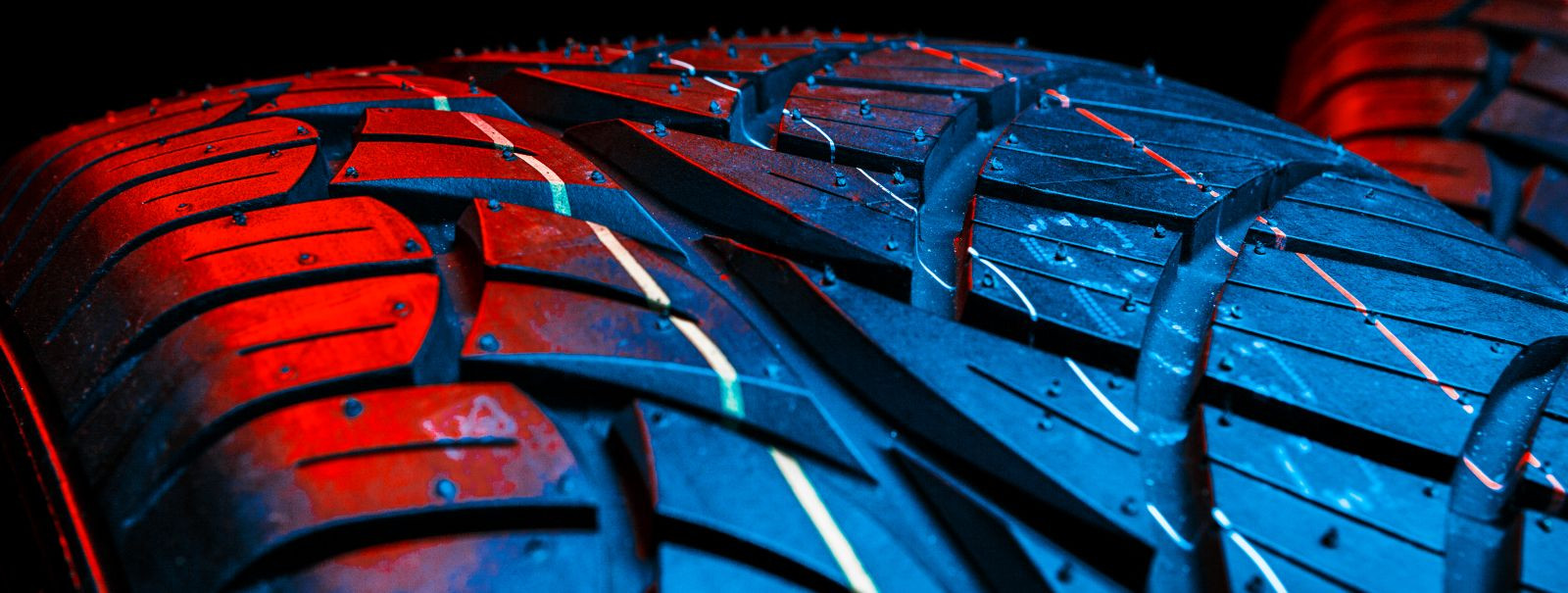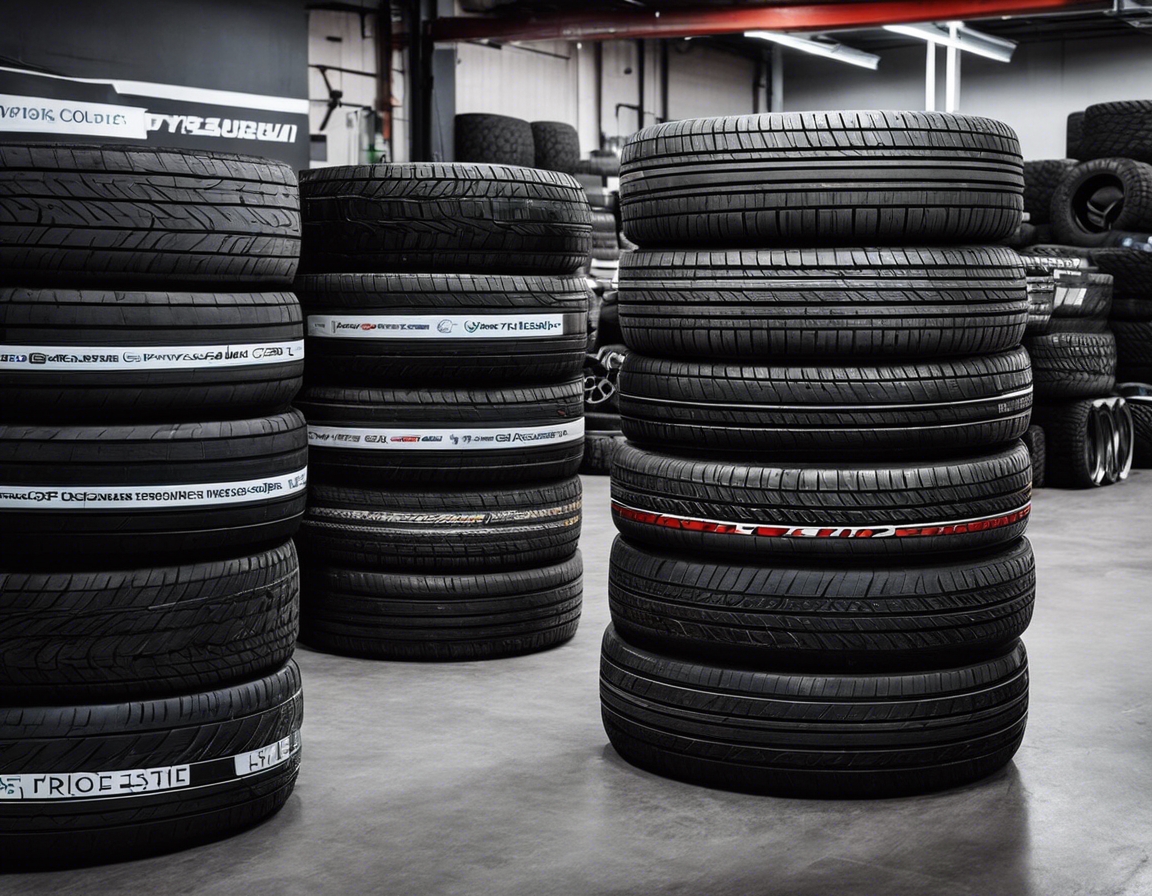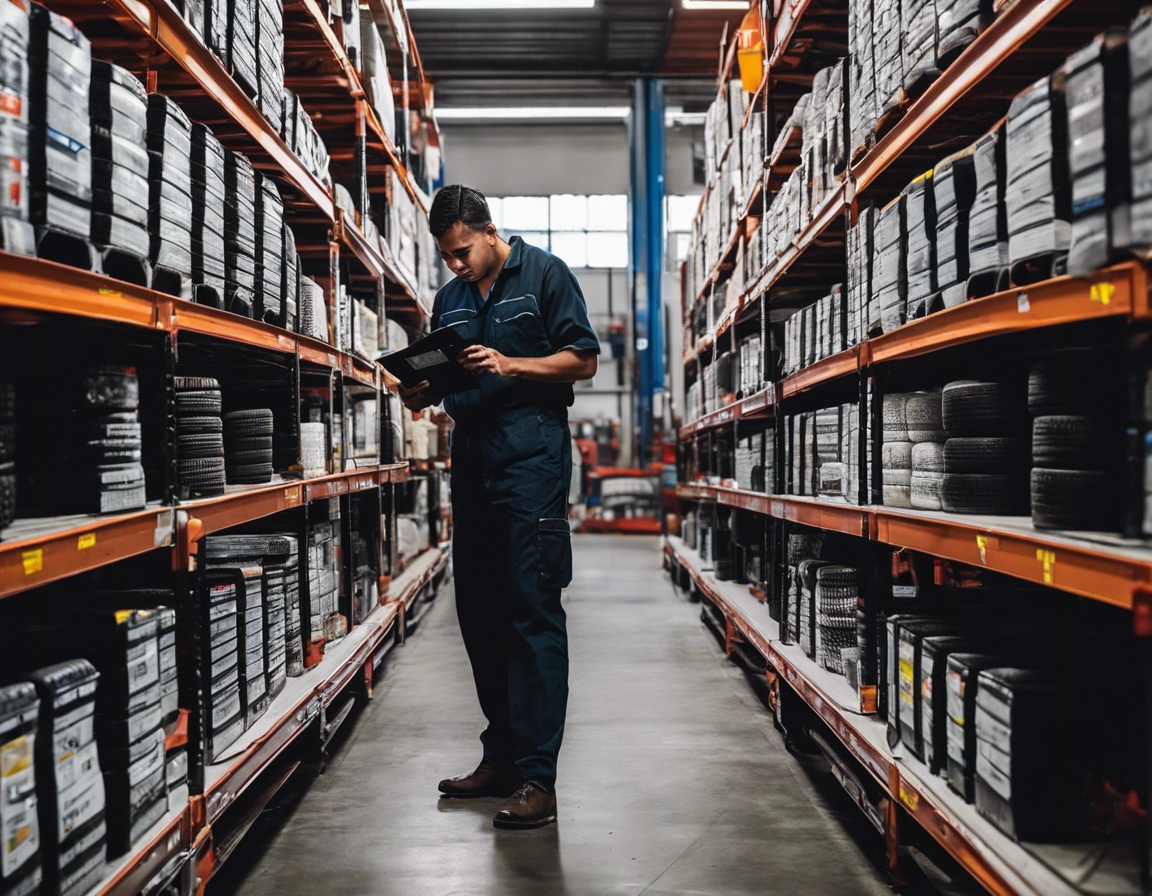5 signs it's time for new tyres
For vehicle owners and enthusiasts, ensuring that your car is equipped with reliable tyres is crucial for safety, performance, and efficiency. Tyres are the only point of contact between your vehicle and the road, making their condition paramount. Here are five signs that indicate it's time to invest in new tyres.
1. Tread Depth is Below Legal Limit
One of the most straightforward indicators of tyre wear is tread depth. A tyre's tread helps to displace water and maintain grip on the road. You can measure tread depth using a tread depth gauge or the penny test. If the tread is flush with Lincoln's head on a penny inserted into the tread, it's time for a replacement.
In many regions, the legal minimum tread depth is 1.6 millimeters. Driving with tread depth below this limit can result in fines, but more importantly, it compromises your safety by increasing the risk of hydroplaning and extending braking distances.
2. Visible Signs of Damage
Visible damage such as bulges, blisters, or cracks in the sidewall is a clear sign that your tyres may be compromised. These defects can lead to a blowout, which is dangerous at high speeds.
While some punctures can be repaired, multiple punctures or those located on the sidewall typically require tyre replacement to ensure safety and reliability.
3. Tyre Age
Tyres have a lifespan, regardless of tread depth. You can find the tyre's age by checking the DOT code on the sidewall, which includes the week and year of manufacture. Generally, it's recommended to replace tyres every six years.
Over time, tyres degrade due to exposure to the elements, which can lead to reduced performance and potential failure. Even if the tread appears sufficient, aged tyres can be a safety hazard.
4. Vibration and Unusual Noises
Excessive vibration or strange noises while driving can indicate misalignment, imbalance, or internal tyre damage. These symptoms should not be ignored as they can lead to further complications.
If you experience persistent vibration or noises, it's best to have your tyres inspected by a professional to determine if they need to be replaced.
5. Poor Performance and Fuel Efficiency
Worn tyres can negatively affect your vehicle's handling, braking, and stability. If you notice a decline in performance, it may be due to your tyres.
Old or damaged tyres can also lead to increased fuel consumption. New tyres can help restore your vehicle's fuel efficiency and save you money in the long run.






Comments (0)